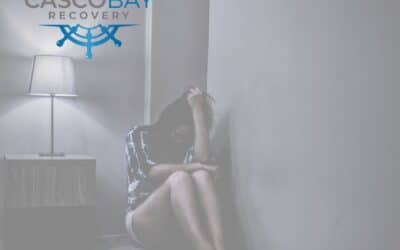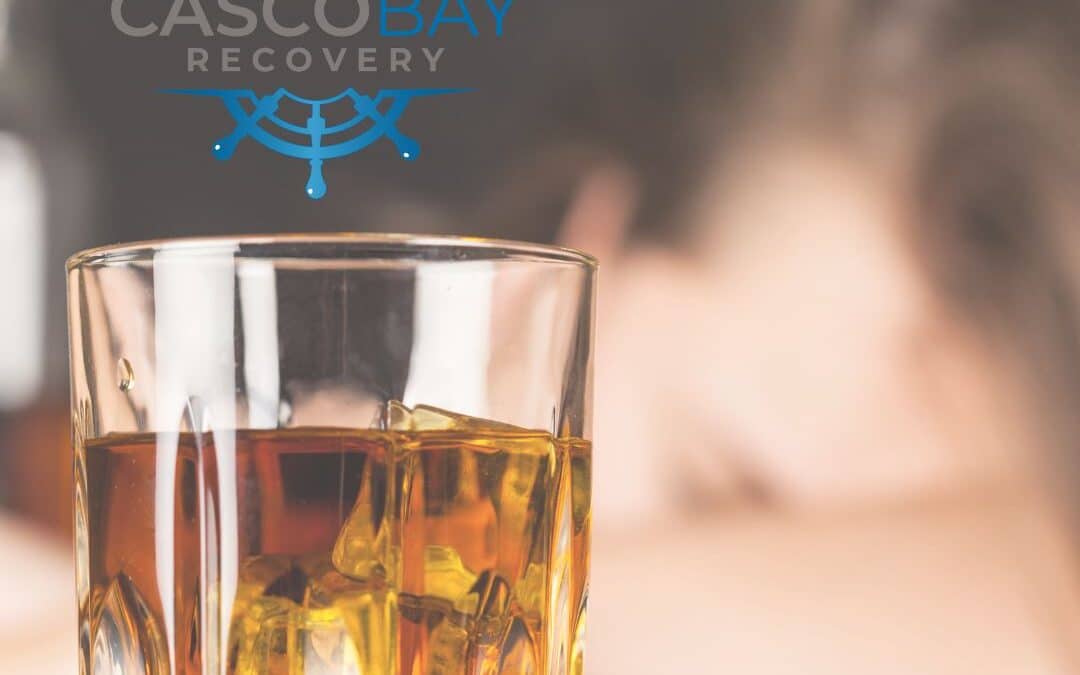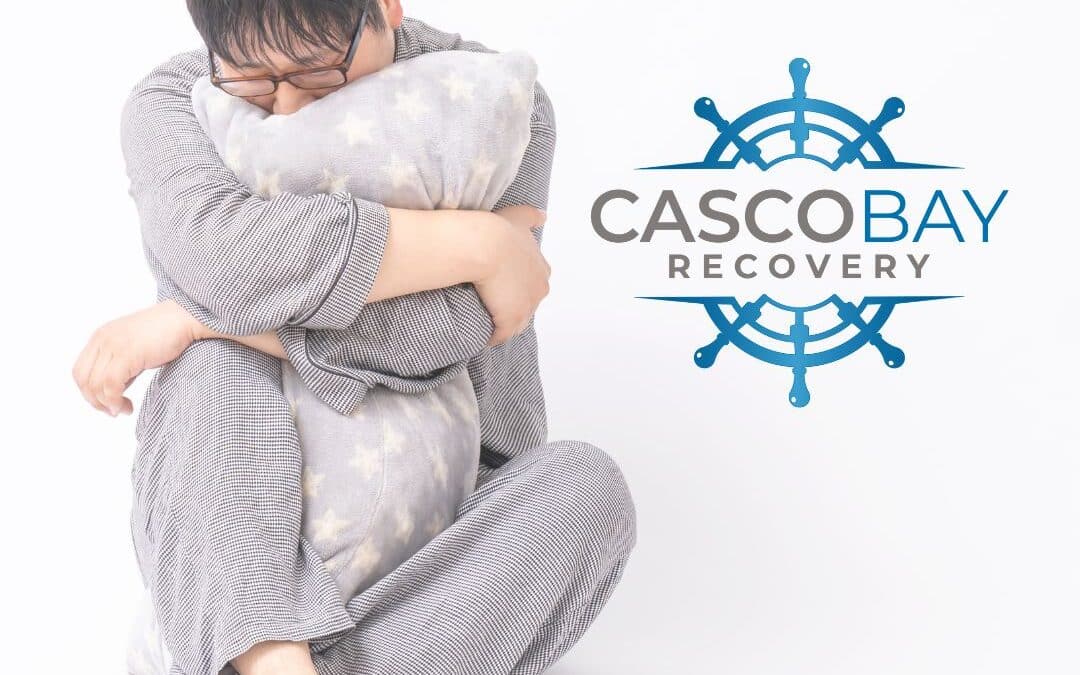Skeletal muscle relaxers work mainly in the brain and spinal cord also called the central nervous system (CNS). They work by blocking pain sensations between the nerves and the brain. Painful muscle spasms and spasticity due to acute back pain or multiple sclerosis can be relieved by using muscle relaxants. But you should avoid alcohol if you are being treated with central-acting muscle relaxers. Read on to learn more about muscle relaxers and alcohol and why you shouldn’t mix these drugs.
Why You Shouldn’t Mix Muscle Relaxers and Alcohol
Why is mixing muscle relaxers and alcohol such a bad idea? The answer is in how alcohol and muscle relaxers affect your body. They both depress your central nervous system, which slows down your brain activity. In turn, these substances also slow down your breathing and heart rate, making you feel calm or sleepy. While slowing down the central nervous system a bit with the use of one of these drugs may not be too harmful, especially when there is a purpose for doing so, two powerful depressants, such as alcohol and muscle relaxers, slowing down the central nervous system at the same time can be highly dangerous.
Side Effects of Mixing Muscle Relaxers and Alcohol
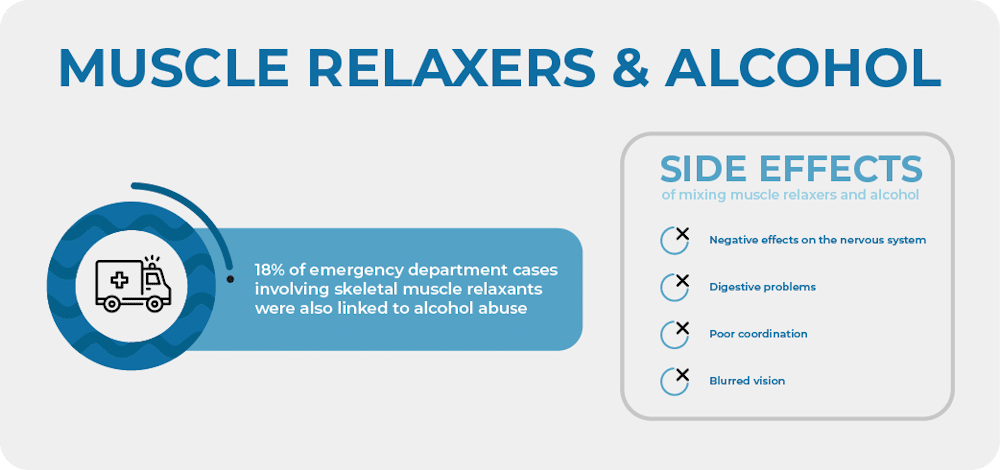
Because both muscle relaxers and alcohol are depressants, combining them can compound their impact on the body. This means that the side effects of muscle relaxers, like drowsiness or dizziness, can compound, or intensify, when a person also drinks alcohol.
Most muscle relaxers start to affect your system within 30 minutes from the time you take them. The effects last for as long as six hours. The side effects that are linked with muscle relaxers may become seriously magnified with the addition of alcohol. Possible side effects from alcohol-muscle relaxant interactions include:
Negative Effects on Nervous System
Combining alcohol and muscle relaxers increases harmful impacts on the nervous system. With increasing dependence, misuse, or abuse, the side effects of mixing alcohol and muscle relaxers occur more frequently and the negative impact on the nervous system becomes more permanent.
Digestive Problems
Mixing muscle relaxers and alcohol often causes dry mouth and constipation. Increased dependence on the mixture of alcohol and muscle relaxers can even cause liver damage, kidney damage, and edema (swelling).
Poor Coordination
Motor control and coordination become more difficult when you mix alcohol and muscle relaxers. This is why it’s important not to drive or operate machinery when on muscle relaxants. This is especially true when mixing muscle relaxers with alcohol.
Blurred Vision
People who abuse muscle relaxers and alcohol report experiencing blurred vision. This can lead to permanent eye damage over time.
Higher Risk for Addiction and Overdose
The early signs of addiction to an alcohol-muscle relaxant drug combination include shallow or slow breathing and slowed heartbeat that can lead to:
- chronic fainting
- low blood pressure
- a higher risk for seizures
- death
Research Results
Research from the Substance Abuse and Mental Health Services Administration (SAMHSA) has revealed that up to 18% of emergency department cases involving skeletal muscle relaxants were also linked to alcohol consumption.
Centrally-acting medications can lead to added CNS depression when taken with alcohol.
Individuals that just take central nervous system depressants should try to avoid operating vehicles and heavy machinery. Thus, it should be obvious that individuals that mix and take multiple central nervous system depressants, such as muscle relaxers and alcohol, at the same time should definitely not operate any heavy machinery.
For example, the muscle relaxant Soma can lead to an opiate-like effect when taken with alcohol. Along with CNS depression, the drug tizanidine may also have the effect of lowering your blood pressure. Individuals that take muscle relaxers and alcohol might also experience the following:
- headache
- drowsiness
- lightheadedness
- fainting
- falling
- concentration problems
- changes in pulse or heart rate
- slowed breathing, reduced coordination or motor control
- memory problems
- increased risk for seizures
- increased overdose risk
Plus, both alcohol and muscle relaxers are substances that have the potential to be addictive. Long-term use of either or both will increase your risk of developing an addiction.
The National Institute on Alcohol Abuse and Alcoholism (NIAAA) says that mixing alcohol and medicine ( that includes drinking beer with muscle relaxers) can interact in harmful ways even when they aren’t taken together. NIAAA also noted that two other factors may increase risks for alcohol-relaxant interactions: sex and age. Therefore, women and older people are more vulnerable to the side effects of mixing such drugs.
What Are Muscle Relaxers?
Muscle relaxers, or relaxants, are medications that are used to treat muscle spasms or muscle spasticity. Sudden, involuntary contractions of a muscle or group of muscles are called muscle spasms. They may be brought on by too much muscle strain and cause pain.
Muscle spasms are also associated with conditions like:
- lower back pain
- neck pain
- fibromyalgia (a disorder that involves widespread musculoskeletal pain).
On the other hand, muscle spasticity is a continuous muscle spasm that causes:
- stiffness
- rigidity
- tightness that interferes with normal walking, talking, or movement
Muscle spasticity is caused by injury to the parts of the brain or spinal cord that are involved with movement. Multiple sclerosis (MS) or cerebral palsy may cause muscle spasticity.
Prescription Medications
Prescription drugs can help relieve the pain from muscle spasms or spasticity. They’re divided into two groups:
Antispasmodics – These are centrally acting skeletal muscle relaxants (SMRs) such as:
- Soma
- Zanaflex
- Parafon Forte
Antispastics–These are used to treat muscle spasticity and include:
- Baclofen
- Valium
- Dantrium
These drugs can all be habit-forming. It’s important to take your medication as it was prescribed by your doctor. Also, when you stop using muscle relaxants, it can cause withdrawal symptoms such as:
- Seizures
- Hallucinations
What is Alcohol Abuse?
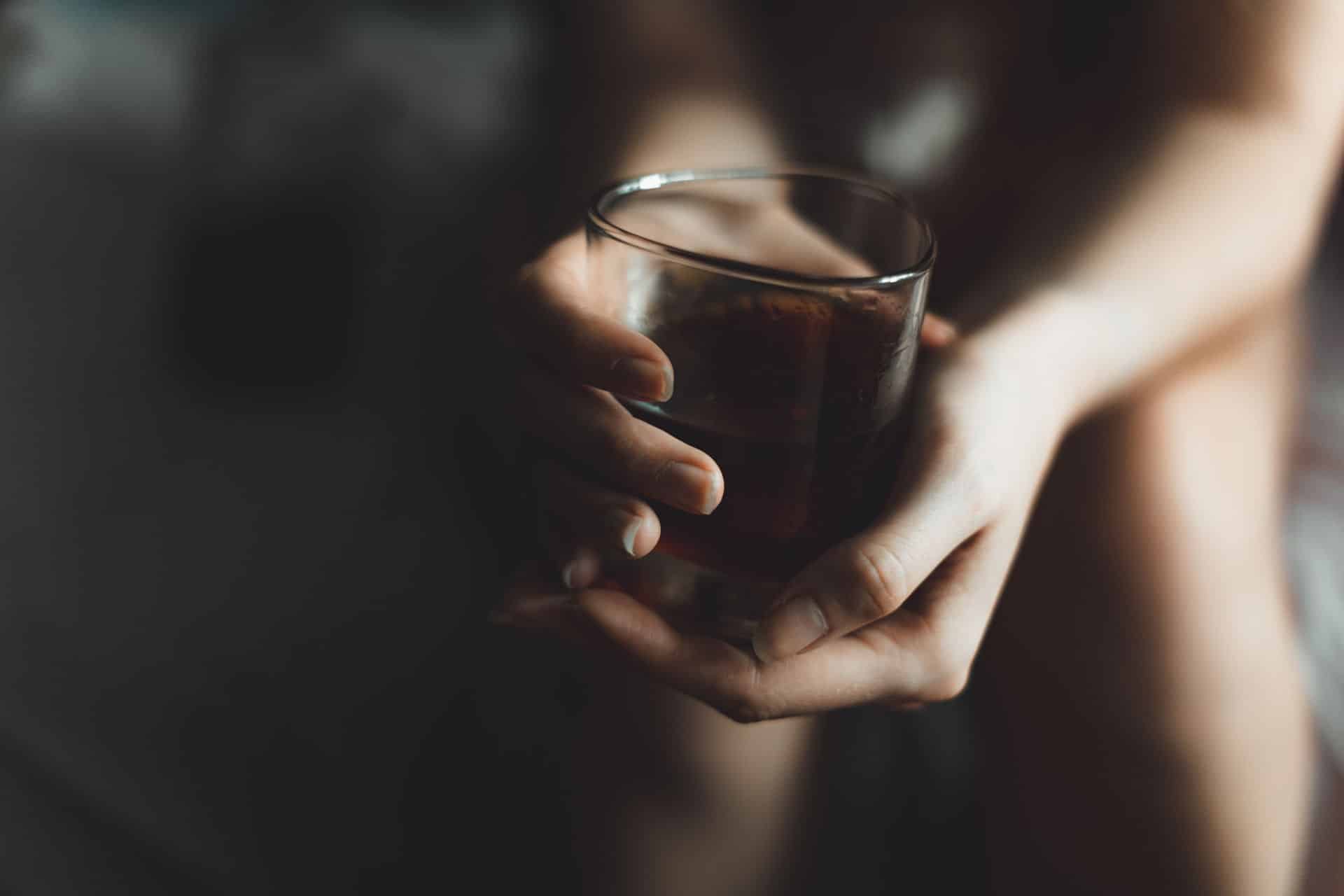
Some people refer to alcoholism as:
- alcohol abuse
- Dependency on alcohol
- alcohol addiction, or the familiar term
- alcoholism
An alcohol use disorder is considered a brain disorder and can be mild, moderate, or severe. The lasting changes in the brain caused by an alcohol use disorder make people susceptible to relapse. But no matter how severe the problem might seem, people can achieve full recovery from alcoholism through evidence-based treatment that includes:
- behavioral therapies
- medications
- mutual-support groups
What Are the Symptoms of an AUD?
Signs and symptoms of alcohol use disorder include:
- Inability to limit the amount of alcohol that you drink
- Wanting to cut down on how much you drink or failing in attempts to do so
- Spending a lot of your time drinking, getting alcohol, or recovering from using alcohol
- Feeling strong cravings or urges to drink alcohol
- Failing to accomplish obligations at work, school, or home because of repeated alcohol use
- Continuing to drink even though you know it’s causing physical, social, or relationship problems
- Stopping or reducing social and work activities or hobbies you used to enjoy
- Using alcohol in situations where it’s not safe – such as while driving or swimming
- Building a tolerance to alcohol so that you need to use more to feel an effect or you have a reduced effect from the same amount
- Having withdrawal symptoms when you don’t drink or drinking just to avoid withdrawal symptoms
What About Using Muscle Relaxers for Alcohol Withdrawal?
In general, muscle relaxers and alcohol don’t mix. However, there is one muscle relaxer called baclofen that some believe helps with alcohol withdrawal. Alcohol withdrawal happens when a person who’s been a heavy drinker for a long period of time stops drinking alcohol and initially craves it. Alcohol withdrawal can be serious and potentially life-threatening.
Symptoms of Alcohol Withdrawal Include:
- Irritability
- Tremors
- Sweating
- Increased heart rate
- Rapid breathing
- Increased blood pressure
- Nausea and vomiting
- Sleep problems
- Nightmares
- Seizures
- Hallucinations
What Should You Do If You’ve Already Mixed Them?
If you or someone else has already mixed and consumed alcohol and muscle relaxants together, stop drinking immediately and do the following:
- Ask for help – The interaction of drugs makes a person dizzy and impairs focus. It’s important to be with someone you trust.
- Notice signs and symptoms of overdose – Besides the side effects mentioned, watch for excessive sweating, hallucinations, and violent behavior.
- Give first aid as necessary – Check for a pulse, open the airways, and seek emergency help. If you’re helping someone, try to get more information on what specific drugs and alcohol were taken and how much time has passed.
To be cautious, it’s best to see a healthcare professional as soon as possible. This is particularly true if you’ve had more than one drink and don’t drink very often. As you know, alcohol intensifies the effects of muscle relaxers, so the combination can lead to an increased risk of overdose.
Get medical attention immediately if you notice any of these symptoms:
- Extreme fatigue
- Nausea or vomiting
- Slowed breathing
- Weakness
- Severe loss of coordination or impaired movement
- Heart arrhythmias (irregular rate or rhythm of heartbeat)
- Confusion
- Low blood pressure
- Seizures
- Hallucinations
Why Do People Drink Alcohol with Muscle Relaxers?
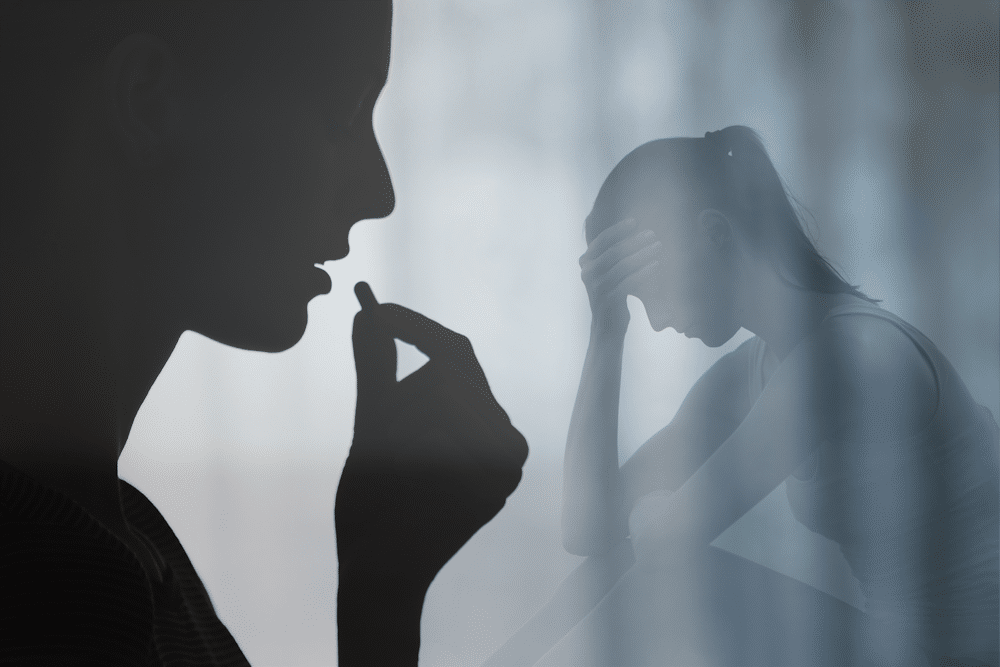
SAMHSA released a study on prescription drug misuse among adults. It showed that the top two reasons for misusing substances were:
- To get relaxed
- To get better sleep
Unfortunately, in some cases, alcohol may limit the effectiveness of prescription muscle relaxants. The person abusing alcohol and muscle relaxants may then increase the number of muscle relaxers that he or she takes or the frequency at which he or she takes them. This raises the risk of overdose.
Other Things to Avoid While Taking Muscle Relaxants
Besides alcohol, you should also not take muscle relaxants with the following:
- CNS depressant drugs such as psychotropics
- Opioids such as OxyContin and Vicodin
- Benzodiazepines such as Xanax and Klonopin
- Tricyclic antidepressants
- Monoamine oxidase inhibitors (antidepressant)
- Fluvoxamine (antidepressant)
- Cipro (antibiotic)
- Sleep medications
- Herbal supplements such as St. John’s wort
In addition, talk to your doctor about using muscle relaxers if you:
- Are older than 65
- Have a mental health problem or brain disorder
- Have liver problems
Choosing a Rehab Program
If you or a loved one is misusing or addicted to muscle relaxers, alcohol, or a combination of the two, you need to consider receiving addiction treatment. The best addiction treatment program to attend for a sustainable recovery is a program with the supervision of medical professionals.
Casco Bay Recovery can provide you with the highest level of outpatient treatment with some medical supervision. We have medical personnel in the form of a team of therapists and addiction specialists who are dedicated to creating a program to address your needs and requirements. Our staff is experienced in the treatment of many addictions, including alcohol and prescription drugs.
In addition, we can offer a program for people with co-occurring mental health and substance use problems. This is because, sadly, it’s common for individuals with mental health disorders to also suffer from substance use disorders. However, we can help you break out of that cycle and go on to live the fulfilling life that you deserve. Make that first step. It’s the hardest but the most important one to take. Contact us today!


